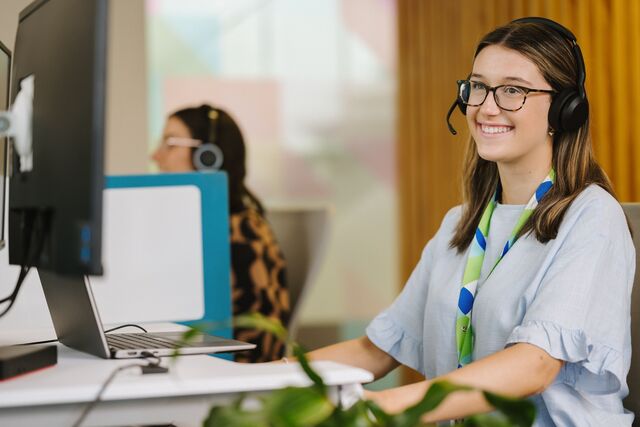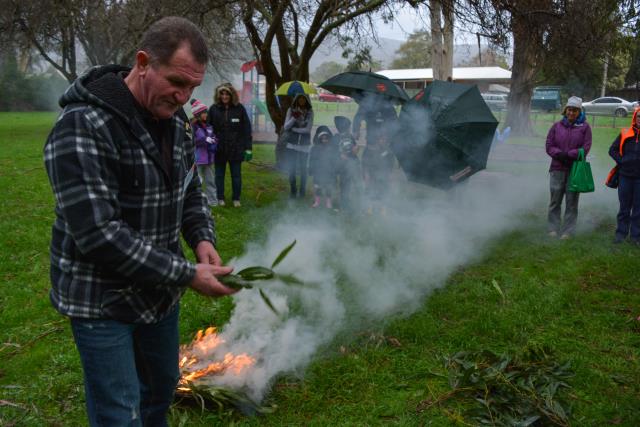A RECENT study in ‘Physical Therapy’ (PTJ), the monthly scientific journal of the American Physical Therapy Association, caught my attention.
It found that a program of regular exercise and education appears to reduce low back pain (LBP) episodes in children aged 8 to 11 years.
More children appear to be presenting with LBP to health practitioners every year with a non-pathological (i.e. no injury or underlying disease) cause.
Perhaps, it is the relatively recent phenomena that parents will take their child to the physio for LBP.
Or perhaps the tools of the digital age are affecting the bodies of children just as they affect adults.
Two Australian physiotherapy researchers from Monash University in Victoria studied more than 700 children, aged eight to 11 years, in primary schools during 2011.
They found that children who were taught about spine health and were instructed in four spinal exercises for daily practice, reported significantly fewer episodes of LBP than children who received spine health education alone.
Both groups of children received education about back awareness and were taught strategies thought to keep the spine healthy.
In addition, one group was taught four daily exercises designed to encourage movement of the lumbar spine.
The researchers hypothesised that if LBP in children can be prevented, the cycle of recurring LBP episodes may be delayed and the prevalence of adult occurrence may be decreased.
The authors found that children in the daily exercise group experienced less severe first episodes of LBP, longer time to the onset of the first episode, and lower numbers of reports of LBP episodes.
Despite declining adherence to exercise, both groups experienced a reduction in reported LBP episodes.
From the authors, “It is unlikely that the four exercises alone were sufficient to have a physiological effect”.
However, it is possible that through talking about the spine, being monitored, paying attention to the vulnerability of the low back, and learning the concept of back care, movement, and spinal awareness, children may have a strategy that can be used to control the influence of factors that increase the risk of a low back pain event“.
If your child experiences back pain that you think would improve with exercises and spine education, or you would like them to be assessed for this, then making the decision to consult a physiotherapist could turn out to be a very wise choice.
Preventing low back pain starts early
Digital Editions
-

Works to start soon on historic Dee Slip Bridge
Repairs to the Dee Slip Bridge in the Yarra Ranges National Park are about to start with Ace Infrastructure recently appointed as contractors. The works…





